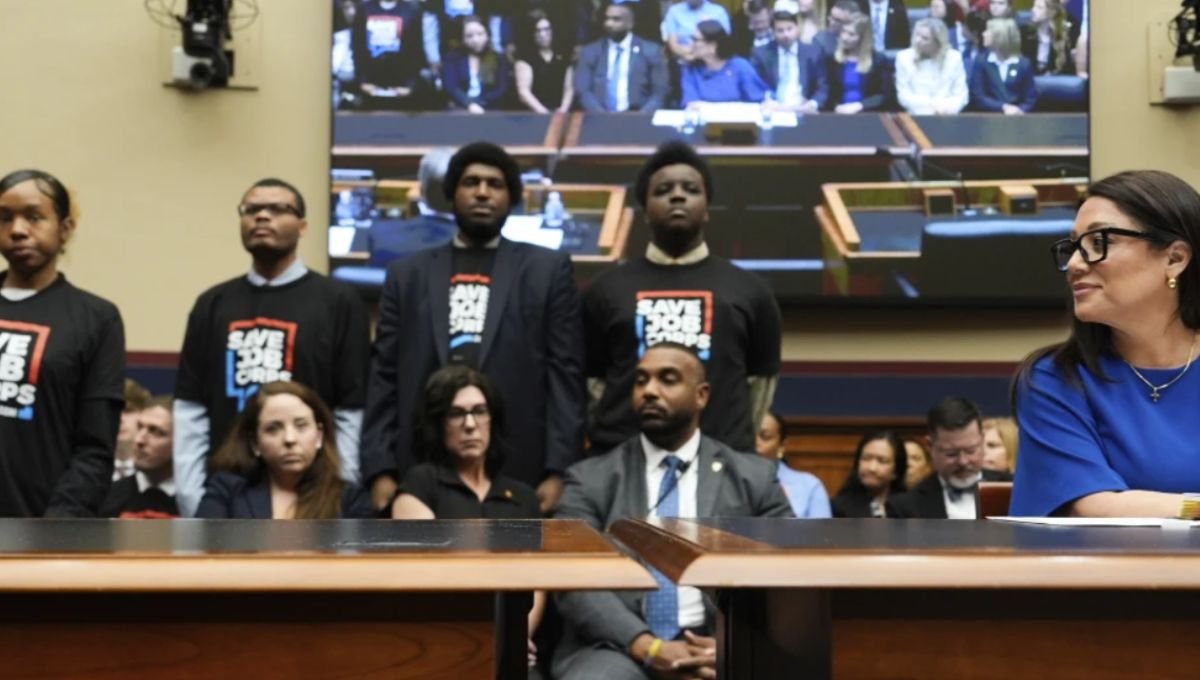A federal judge has issued a preliminary injunction preventing the U.S. Department of Labor from shutting down Job Corps, a long-standing residential education and job training program for low-income youth. The decision will keep the program operational until an ongoing lawsuit challenging the shutdown is resolved.
U.S. District Judge Andrew Carter strengthened an earlier temporary restraining order, which had already blocked the removal of students from housing and the suspension of Job Corps activities. In his ruling, Carter emphasized that once Congress establishes and funds a program like Job Corps, the Labor Department is legally bound to enforce the program, not dismantle it unilaterally.
Job Corps, established in 1964, offers tuition-free housing, meals, training, and healthcare to young adults who have struggled to complete high school or find stable employment.
Labor Department spokesperson Aaron Britt said officials are working with the Justice Department to review the judge’s order, expressing confidence that the agency’s actions were within legal boundaries.
In late May, the Department of Labor announced it would pause operations at all contractor-operated Job Corps centers by the end of June, citing low graduation rates, safety concerns, and a $140 million budget shortfall. The administration argued that continuing underperforming programs was not sustainable.
White House spokesperson Taylor Rogers defended the pause, saying Secretary DeRemer acted appropriately in reassessing the program. Rogers also questioned the court’s authority to intervene, signaling confidence that the administration would ultimately prevail.
Judge Carter, however, dismissed claims that the program was merely being paused rather than closed. He pointed to the practical impact—students being evicted, staff losing jobs, and training centers halting operations—as evidence of a shutdown effort.
He also cited the potentially devastating consequences for students. In one case, a student at a New York center could be forced into homelessness if the program ends, losing access to food, shelter, and education she relies on to pursue a culinary arts certificate. The judge called the government’s description of this as a “minor upheaval” grossly inaccurate.
The AFL-CIO’s Transportation Trades Department praised the ruling, saying it prevents center closures, job cuts, and displacements of students without proper legislative authority. “A federal agency cannot dismantle a program mandated and funded by Congress without going through Congress,” the group said. “These students represent the American dream in action.”
The uncertainty around the closures has already had an impact. Some students were forced to leave their centers and move into homeless shelters. Edward DeJesus, CEO of Social Capital Builders, which works with several Job Corps centers, warned that such abrupt disruptions are deeply damaging for young adults seeking stability and a fresh start.
The National Job Corps Association—a nonprofit group made up of businesses, educators, unions, and other stakeholders—filed the lawsuit to stop the suspension. It argued that the move would displace tens of thousands of vulnerable youth and cause widespread layoffs across the 123 Job Corps centers, most of which are privately operated under Labor Department contracts. These centers serve over 20,000 students nationwide.
The legal fight also gained support from the attorneys general of 20 states, who filed an amicus brief urging the court to protect the program.
For students like Monet Campbell, the program has been life-changing. A year ago, she was living in a homeless shelter when she learned about Job Corps in New Haven, Connecticut. Today, she holds certifications as a nursing assistant, phlebotomist, and EKG technician, and works in a nursing home. She’s preparing to begin nursing school at Central Connecticut State University in August.
“Job Corps made me believe in myself,” said Campbell, reflecting on her journey. In addition to job training, she received housing, counseling, medical and dental care, meals, and clothing for job interviews. “They helped me get back on my feet.”
Despite the court’s intervention, uncertainty remains. Students at the New Haven center were forced to leave temporarily when the funding pause was first announced, and many still worry about their future in the program.
Also Read:














